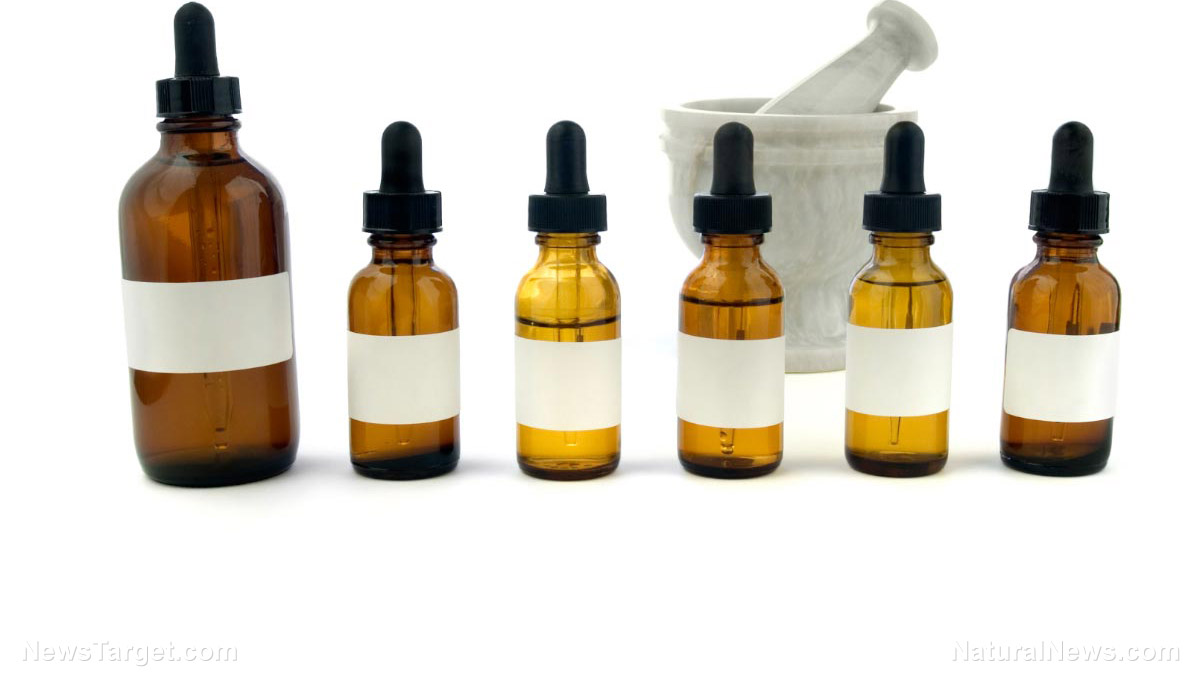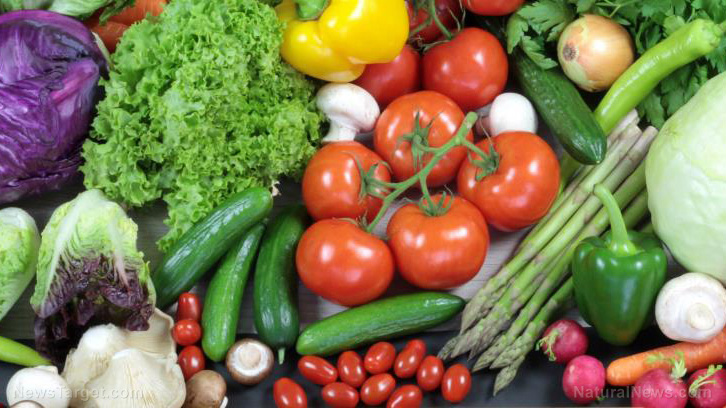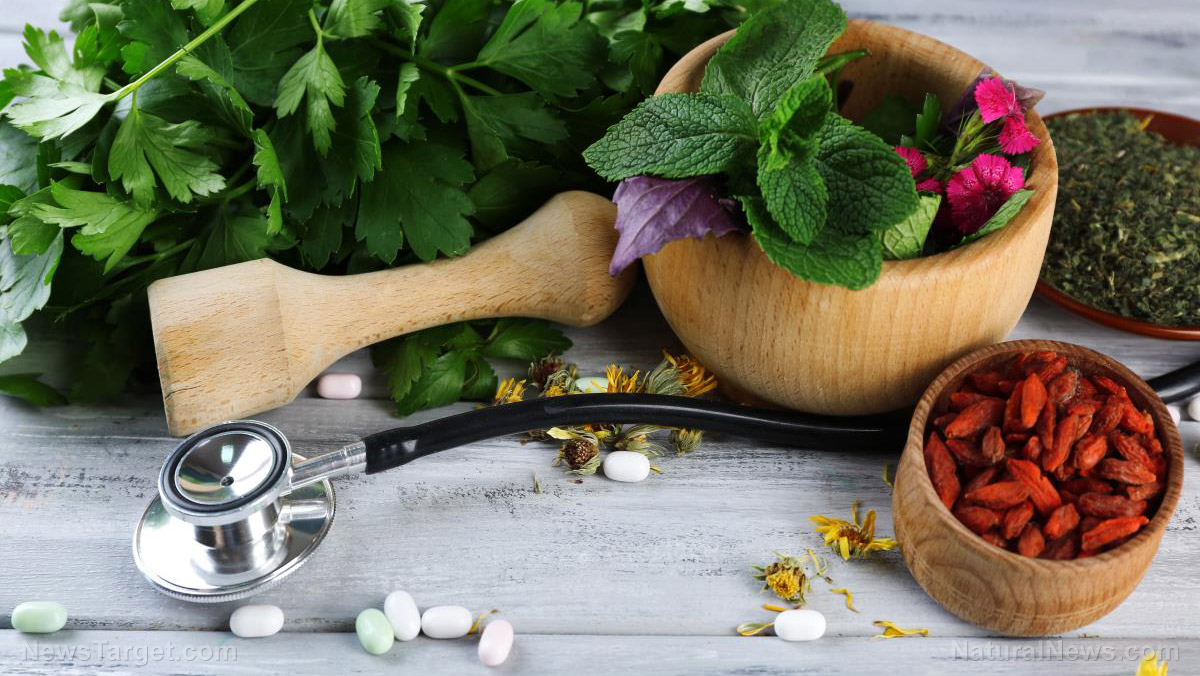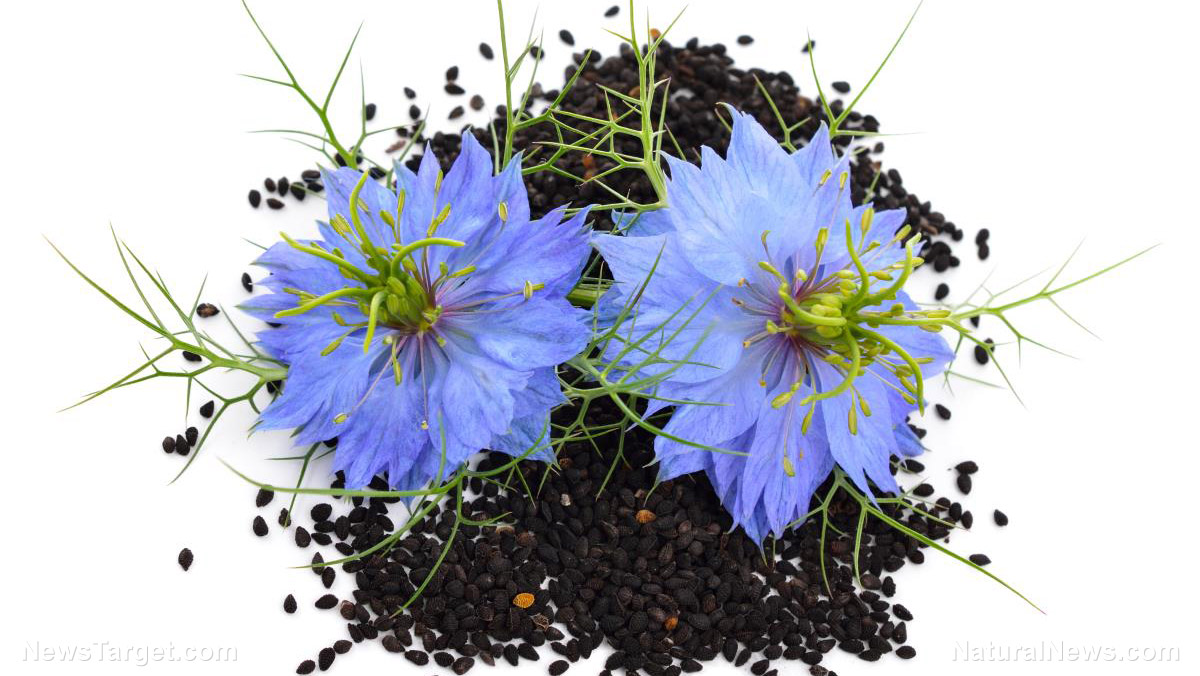A professor of microbiology and pathology at Colorado State University warns that taking probiotics means diddly squat if you don’t supplement them with prebiotics. Ian Orme describes the prevailing assumption that probiotics taken by themselves can improve health as just “dodgy” and unrealistic. He claims that the practice is essentially useless as gastric acid kills more than 98 percent of ingested probiotics, with only 43 out of thirty billion Lactobacillus surviving the journey down your gastrointestinal tract. And for the formidable few that do survive the stomach, the “good” bacteria can hardly ask the “bad” bacteria to leave. Consequently, while we delude ourselves that we’re helping our digestive system, nothing really happens.
A recent medical review conducted by a team of researchers from the University of Copenhagen concluded that there was no significant difference in gut bacteria between participants who regularly took probiotic supplements and those who did not. The team further noted that these supplements could range from milk-based drinks to biscuits to capsules. The statistics remained the same: regardless of count, most, if not all, of friendly gut bacteria ended up dying before reaching our intestines.
The results of this study was further supplemented by another analysis, this time done by a group of scientists from the University of Toronto. In this small cohort review, the researchers found that probiotic yogurt did not contain enough good bacteria to purport its marketing strategy.
Even so, probiotics are still an essential part in maintaining a healthy digestive system. Probiotics have the ability to reduce the likelihood of various disorders and even regulate hormone production which improves general mental well-being. The trick is to get enough.
Probiotics extinguish, prebiotics nourish
In order to fully gain the benefits of probiotics, consider the concept of synbiotics. This is taking both probiotics and prebiotics together to have an amplified effect on health. Probiotic strains can march in and fight off bad bacteria, while the prebiotic can settle and promote the growth of more positive bacteria strains. Preobiotics enhance probiotics as well.
Think of this as a military operation: probiotics are foot soldiers and the prebiotics are ground control. There is a tactical advantage to having both in your system.
It is actually quite easy to check if you have more friendly bacteria in your gut.
Pause right now.
How do you feel? If you feel your energy levels are balanced (no ups and downs, no crashes or burns), your mind is focused, you are able to think clearly, your metabolism is humming, and you’re almost (if never) sick, then most likely your gut is healthy.
If, on the other hand, you feel that you’re struggling, having difficulty losing weight (and gaining inexplicably), craving sugar, vulnerable to the flu or cold, then your microbiome profile may be out of whack. (Related: Prebiotics found to reduce body fat in overweight children.)
Remember the brain-gut connection. What you eat affects the way you think. Scores of medical studies have concluded that various mood disorders from anxiety to depression can be caused by an improper diet. While that can come as a shock to the millions of sufferers of these diseases (many doctors link mental disorders with genetics and brain abnormalities as a means to prescribe synthetic and harmful psychoactive drugs), there is also a sense of elation: merely changing the way you eat can reduce symptoms.
So what should I be eating?
Probiotics can be easily found in capsules and powders. You can also get a fair amount of probiotics from food such as kefir, kombucha, and kimchi.
If you’re asking whether you should even eat these foods, considering what was just mentioned earlier, don’t worry. Even if most of the probiotics die as you consume them, the remaining number will have a better chance of improving your health with prebiotic supplements and food. Foods that are excellent sources of prebiotics include: asparagus, garlic, Jerusalem artichoke, onion, okra, tomatoes, turmeric, and cinnamon, to name a few.
Incorporating these functional foods into your diet is not as hard as you think. Always aim to have a well-balanced meal, containing all sorts of fruits, vegetables, nuts, and legumes.
Read more stories like this on Nutrients.news.
Sources include:
DailyMail.co.uk
MindBodyGreen.com
EatRight.org




















